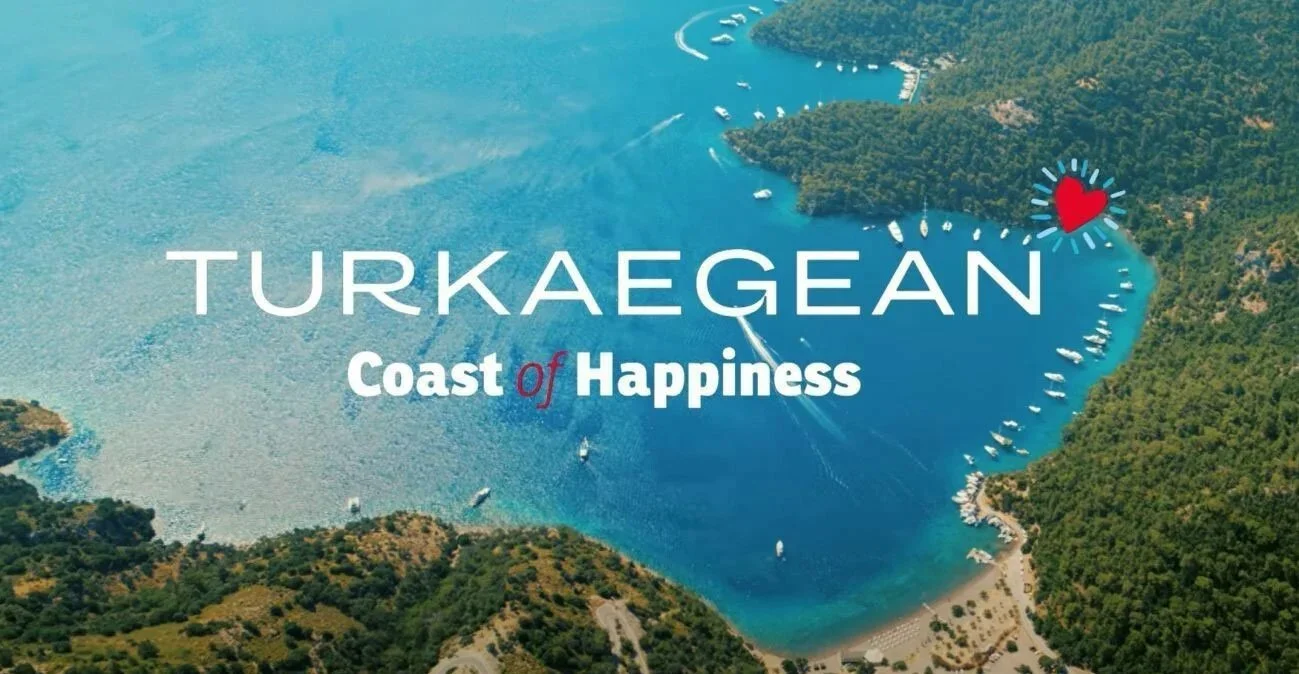The "Turkaegean" Issue: Reality Versus Political Narrative
The recent claims by the Greek government and its affiliated media regarding a supposed "victory" over the use of the term "Turkaegean" have been contradicted by on-the-ground realities. Despite official assurances that the matter had been settled, evidence suggests that Turkey continues its promotional campaign without interruption.
Adonis Georgiadis: The MP Who Boasted About Cancelling the "Turkaegean" Campaign
As revealed by Member of the European Parliament Fragkos Fragkoulis, advertisements featuring "Turkaegean" remain visible in international locations, including Cologne Airport. This development underscores that Turkey has not ceased its strategic efforts to assert influence over the Aegean region, while Greek authorities appear passive in response.
Φωτογραφία απο αεροδρόμιο της Κολωνιας.
— FRAGKOS EMMANOUIL FRAGKOULIS MEP🇬🇷 (@e_fragkos) February 20, 2025
Οι Τούρκοι προωθούν κανονικά το #turkaegean.
Αληθεια που είναι η νίκη της ΝΔ που παπαγάλιζαν τα συστημικά μέσα το προηγούμενο διάστημα;
Εμείς θα φέρουμε πάλι το συγκεκριμένο θέμα στην ευρωβουλή.@velopky pic.twitter.com/FNJ5oLxK2P
The Greek government, particularly the ruling New Democracy party, had previously assured the public that the issue had been resolved. However, the continued visibility of "Turkaegean" promotional material raises serious questions regarding the effectiveness of Greek diplomatic efforts. Where are the much-touted "diplomatic successes" that were presented as a safeguard against Turkish expansionist narratives?
Turkey's approach to the Aegean is part of a broader pattern of challenges to Greek sovereignty. From frequent airspace violations to historical revisionism, the instrumentalization of migration, and covert operations in Thrace, Ankara has consistently pursued its strategic objectives. The "Turkaegean" campaign is yet another example of this long-standing policy.
Greece cannot afford complacency on matters of national sovereignty. The Aegean remains an integral part of Greek territory, and the continued use of "Turkaegean" by Turkey is a direct challenge that must be addressed with firm and effective policies rather than symbolic political rhetoric.










